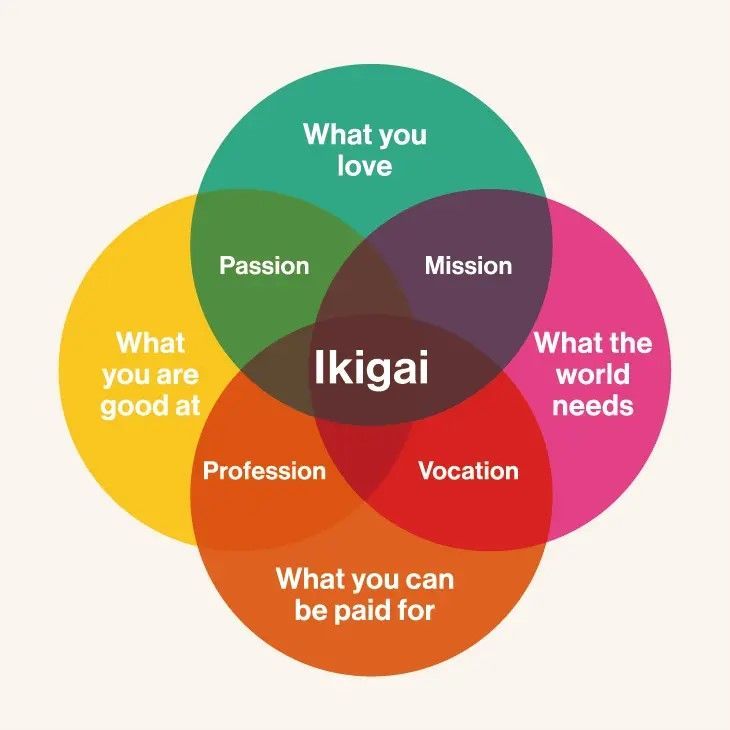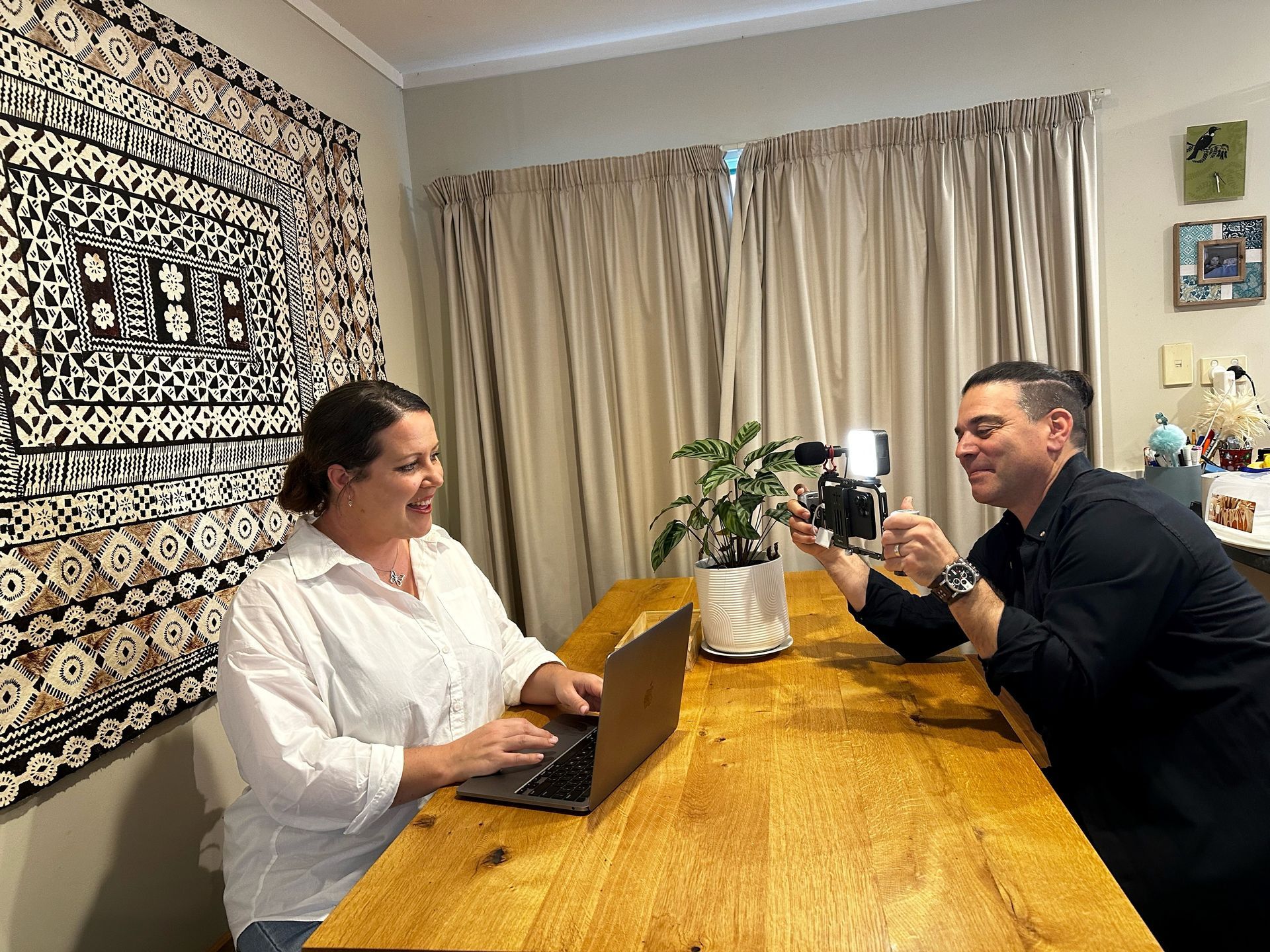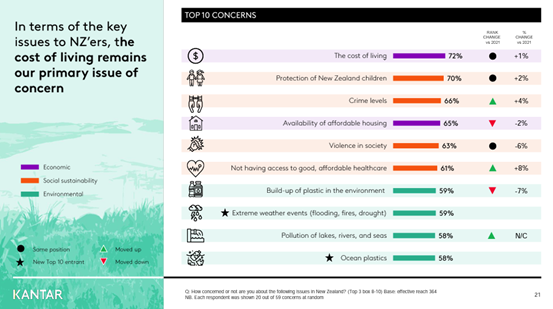How Do Company Dividends Work?
Dividends are an incentive for shareholders to invest in a company of any size. In our blog we explain some important concepts around dividends.

Getting Paid from a Company
A company is a separate legal entity from its shareholders, the owners in the business. An ordinary company pays tax separately from its shareholders (see below for quick note about LTCs), and we record funds to/from the shareholders as loans or advances known as shareholder current account.
If you work in your own company, you can get paid in multiple ways: salary and wages as an employee, interest on loans/advances you make to the company and dividends as a return on your investment. You can take drawings from your shareholder current accounts which are not taxed, as long as you don’t draw out more than you put in (via funds introduced or salaries and dividends credited). If you overdraw your shareholder current account, then you will either need to pay interest to the company, pay Fringe Benefit Tax (FBT) to IRD or treat the foregone interest as a deemed dividend.
We will focus on the salary and interest another time, but for now let’s talk about dividends.
What are Dividends?
Dividends are payments to shareholders, usually from after-tax profits, in proportion to shareholding. Unlike salaries and interest, dividends paid do not reduce the company’s taxable profit. Dividends can be made in cash, by journal entry to the shareholder current account, or by transfer of non-cash assets (known as in specie distribution). Dividends from ordinary companies are taxable income for the shareholders. Capital gains can only be distributed tax-free from an ordinary company on liquidation.
When can I take a Dividend?
The Company needs to have enough equity, usually retained profits, to pay a dividend. Directors sign a solvency certificate, that there will be more assets than liabilities, and the company can pay its debts after the dividend is paid. If you want to leave more cash in the company, then you can record the dividend as a journal entry, so only the dividend withholding tax is paid out to IRD. The shareholders can then draw the funds out later.
If your company regularly make profits after paying shareholder salaries and tax, then you should review at least annually whether to pay dividends. We have a client with trust shareholders. They declare a dividend each year, usually after the annual accounts are done. They have not had so much of a shock to hurriedly pay out dividends before the 39% tax rate kicks in!
What Are Imputation Credits and How Do They Affect Dividends?
The imputation credit scheme helps to prevent double taxation of profits in the company and shareholders hands. When a company pays income tax (such as provisional tax, terminal tax, RWT) it receives an imputation credit that it can attach to dividends.
When a NZ company pays an ordinary dividend to NZ shareholders it is required to deduct 33% dividend withholding tax (DWT) before paying out to shareholders. If there are enough imputation credits, the company can attach up to 28% imputation credits and deduct just 5% DWT.
The shareholder then pays tax on the dividend at its tax rate and deducts the imputation credits and DWT from the tax liability. If the shareholder tax rate is 33% then they have not further tax to pay. If the shareholder tax rate is 39% (individuals over $180k income, trusts from 1 April 2024), the shareholder will pay an extra 6% income tax.
Example of Dividend paid to Shareholder on 39% Tax Rate:
Company A has one shareholder. It earns $1,000 taxable profit and pays 28% income tax or $280, leaving $720 in retained earnings.
Company A declares a dividend of $720, adding on the imputation credits (IC) = $1,000 gross dividend. The dividend has $280 IC attached, so Company pays 5% or $50 to IRD as dividend withholding tax (DWT). The shareholder receives cash of $720 - $50 = $670.
Shareholder’s tax rate is 39% and it has $1,000 gross dividend income.
Tax liability is $390 - $280 IC - $50 DWT = $60 to pay.
Example of Dividend paid to Shareholder on 17.5% Tax Rate:
Company A has one shareholder. It earns $1,000 taxable profit and pays 28% income tax or $280, leaving $720 in retained earnings.
Company A declares a dividend of $720, adding on the imputation credits (IC) = $1,000 gross dividend. The dividend has $280 IC attached, so Company pays 5% or $50 to IRD as dividend withholding tax (DWT). The shareholder receives cash of $720 - $50 = $670.
Shareholder’s tax rate is 17.5% and it has $1,000 gross dividend income.
Tax liability is $175 - $280 IC - $50 DWT = $50 refund. Only the DWT is refunded.
Excess imputation credits of $105 can’t be refunded, so it is carried forward to use next year (or beyond) to offset future tax liabilities.
(In the case of trusts or companies, excess imputation credits are converted into imputation losses to carry forward.)
A Quick Note about Dividends from Look Through Companies (LTCs) and Qualifying Companies (QCs)
Look Through Companies (LTCs) are treated like partnerships for tax, so the company doesn’t pay income tax. The shareholders pay tax on their share of annual profits in their personal tax returns. When a LTC declares a dividend, it is tax free.
Qualifying Companies (QC) are becoming rare, as you can’t elect for a company to be a QC anymore. Only dividends with imputation credits attached are taxable to shareholders. Capital gains can be distributed tax-free.
Declare a Dividend Before You Sell Your Shares
If you have a shareholding change coming up, you may need to declare a dividend before the shareholding change. A shareholding change of 34% or more will break shareholder continuity, and imputation credits on that date will be forfeited. If you later decide to declare a dividend and don’t have enough imputation credits in the company, the company will have to pay more dividend withholding tax to top up the credits to 33%.
Dividends are an important incentive for shareholders, so it is important to understand how they work. Contact JDW for tax advice before you declare dividends and sell shares.
- Serena Irving
Serena Irving is a director in JDW Chartered Accountants Limited, Ellerslie, Auckland. JDW is a professional team of qualified accountants, auditors, business consultants, tax advisors, trust and business valuation specialists.
Download a PDF version here or contact the author by email. Like our Facebook page for regular tips.
An article like this, which is general in nature, is no substitute for specific accounting and tax advice. If you want more information about the issues in this article, please contact your advisor or the author.










